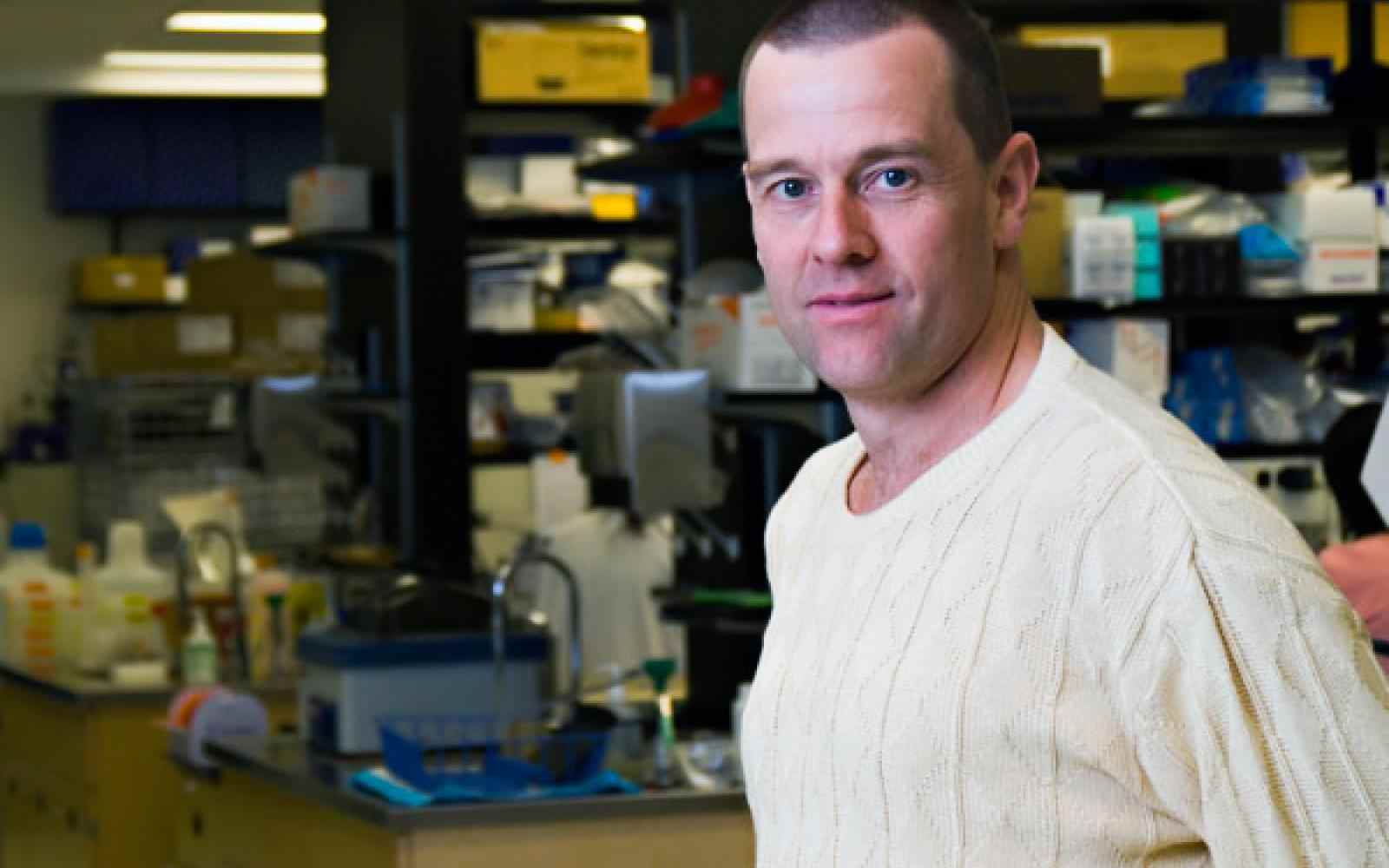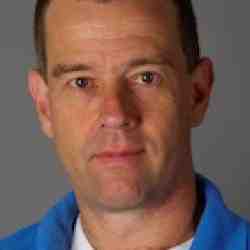Aled Edwards: Open Source Leads to Medicine Discovery for Kids' Rare Diseases

Professor and Ashoka Fellow Aled Edwards was a traditional biologist and researcher working in academia. But he became increasingly frustrated by a biomedical and drug discovery system that does not deliver. For example, despite billions of dollars of investment in basic research, too little is known about the cause of Parkinson’s Disease, though it was first described in 1817. And when life-saving drugs are discovered, they are often only available to those who can afford them; the first drug released to treat HIV cost $8,000--equivalent to $17,000 today--prohibitive to many patients.
To create a more efficient and equitable system, Aled created the Structural Genomics Consortium (SGC), which utilizes open science practices--research and ideas are made available rather than kept proprietary--to help make life-impacting discoveries for a fraction of the cost and time. Funded by the Canadian, among other, governments, charities and pharmaceutical companies, the SGC brings together a community of like-minded scientists around the world.
In recent years, the open science movement championed by the SGC is growing in popularity around the world. Hundreds of millions of dollars have been invested in additional open science projects, including by established health research investors such as Tata Trusts in India and at the Montreal Neurological Institute.
Building on this open science momentum, in 2017, Aled launched the world's first open drug discovery company, Medicines for Kids (M4K), to focus on rare conditions afflicting children. M4K is sharing all the science on its ongoing projects and is owned entirely by a charity whose innovative business model maintains the control necessary to set an affordable price for all.
M4K’s first project is a rare and uniformly fatal tumor called DIPG. Though it accounts for 10 to 15 percent of all brain tumors in children, the rarity of the disease means that for-profit pharmaceutical companies cannot justify conducting research for a cure.
But that means all the more justification for Aled and his collaborators.
